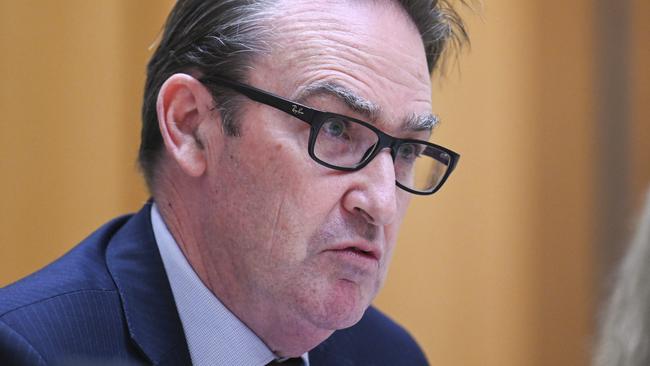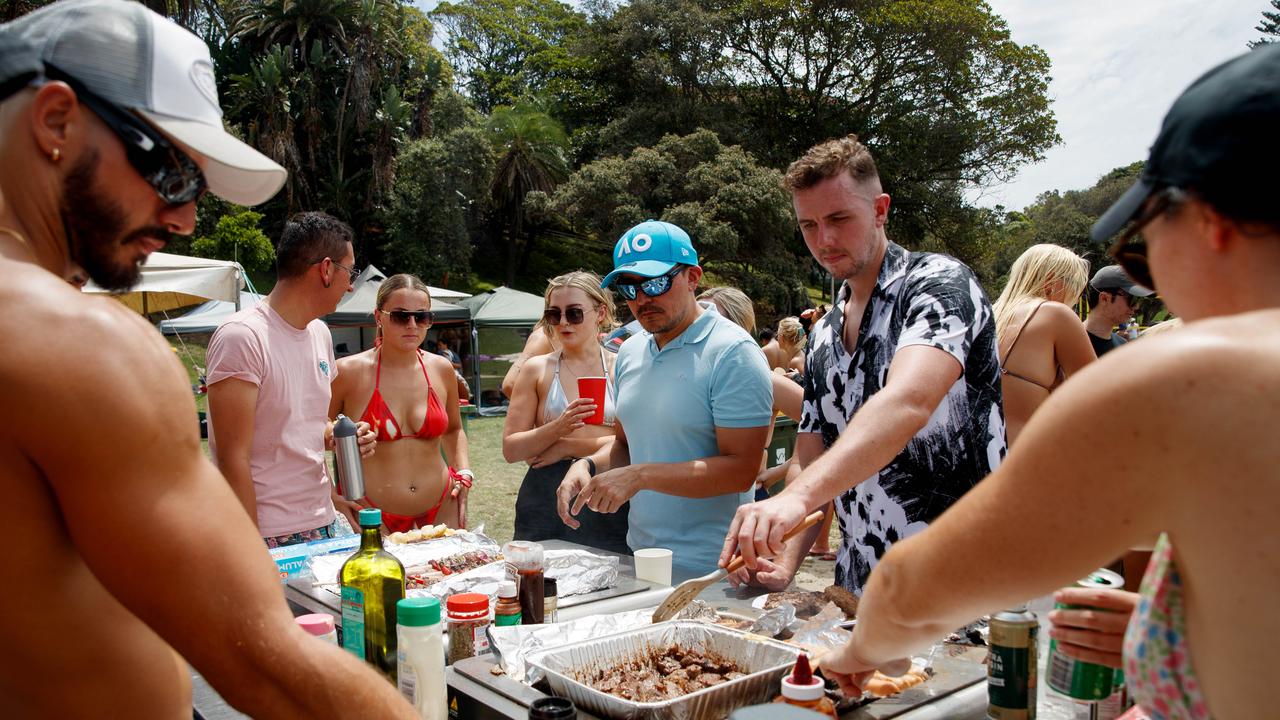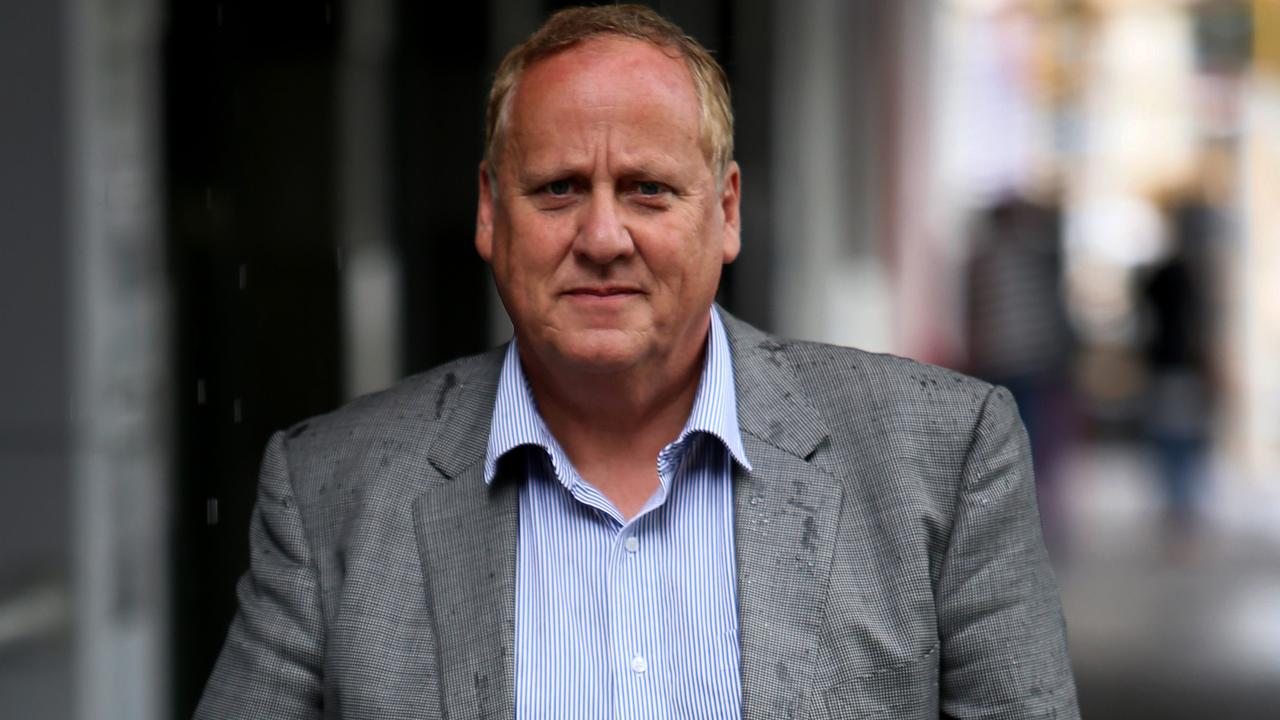Treasury secretary Steven Kennedy backs strong guardrails for Made in Australia plan
Treasury secretary Steven Kennedy says there is a ‘heightened risk’ inefficient industries will be propped by up taxpayers if government interventions are poorly targeted.

Treasury secretary Steven Kennedy says there is a “heightened risk” that inefficient industries will be propped up by taxpayers if government interventions aimed at building economic resilience are poorly targeted.
Amid fresh warnings that Australia’s critical minerals sector could require subsidies for decades in order to compete with China, Dr Kennedy said Australia needed to “respond to the new reality we face”.
Championing a yet to be legislated national interest framework to underpin Anthony Albanese’s flagship Made in Australia policy, Dr Kennedy noted there was increasing pressure to establish protections around a growing number of economic sectors.
He warned that poorly targeted interventions could backfire. In many cases, Dr Kennedy said it would be “more efficient for other countries to develop alternative trusted sources of supply than Australia” so that – in the event of a global disruption – the nation could still have access to them.
In a keynote address to the US Studies Centre conference in Sydney, Dr Kennedy referenced the “small yard, high fence” strategy of protecting economic assets and noted the “immense pressure that policymakers are under to expand the ‘yard’.”
When the Security of Critical Infrastructure Act was introduced in 2018 it covered four sectors including electricity, gas, water and ports. By September 2023, the government had more than doubled the number of critical infrastructure assets deemed to be systems of national significance, adding a further 87.
“There is also an ever-present risk that these types of regulatory regimes could be used as a quasi-form of industry protection or to respond to community pressure, rather than to address genuine security risks,” he said.
Dr Kennedy said there should be a “high bar” for what the government opted to put inside the “yard” and “each decision should be carefully weighed, with both benefits and costs considered”.
While Australia needed to adapt to the collision of economic and national security policy, there was an equally important need to “strike a fine balance” in its policy response.
“If we fail to adequately adapt and respond to the new reality we face, we risk exposing our economy and our country to excessive risk or missing important growth opportunities,” he said.
“If we overcorrect and adopt a zero-risk approach, shutting ourselves out of global markets and seeking to be overly self-sufficient, we will quickly undermine the productivity, competitiveness and dynamism of our economy.”
The comments from Dr Kennedy come after the government was criticised for its early investments under its Made in Australia agenda, including $1bn to claim a larger stake in solar panel manufacturing supply chains.
The Lowy Institute’s Richard McGregor told the conference that in the event of a regional conflict, there would be no great worry about Australia’s ability to make solar panels.
He also said government support for the critical minerals sector could have a long tail, declaring: “If … we are to build up a critical mineral industry, we might have to subsidise it for decades to compete with China.”
Jonathan Fritz, chief of staff for the US Under-Secretary for Economic Growth, Energy and the Environment, also told the conference that America and other nations faced a choice.
“Either we are going to sit by and let them (the Chinese) decide which sectors of the 21st century economy they’re going to dominate because we take no action or we are, however reluctantly, going to have to pick up the gauntlet and do our best to try to come up with smart policies and find ways to keep our industries … in the mix,” he said.



